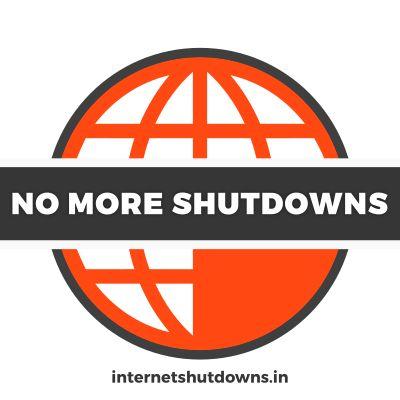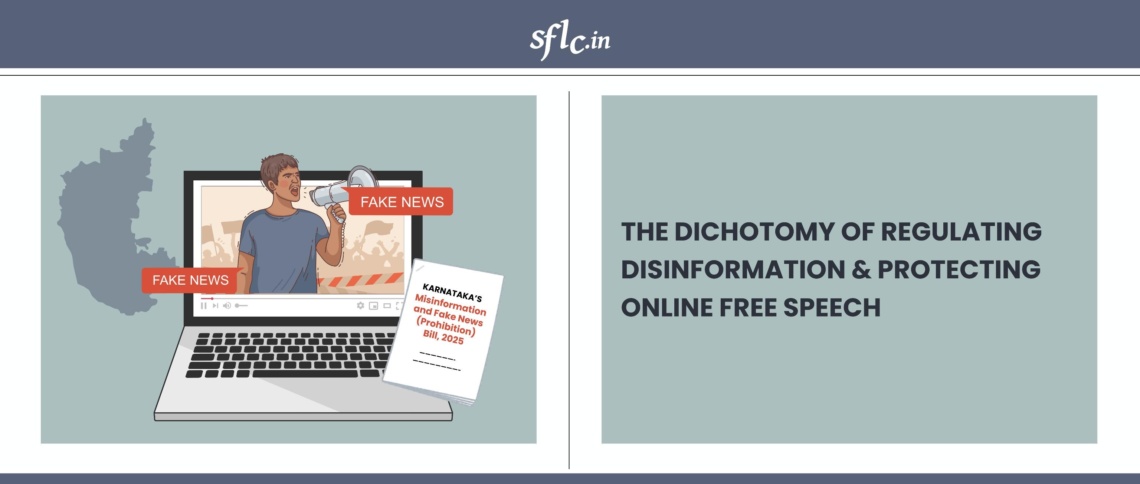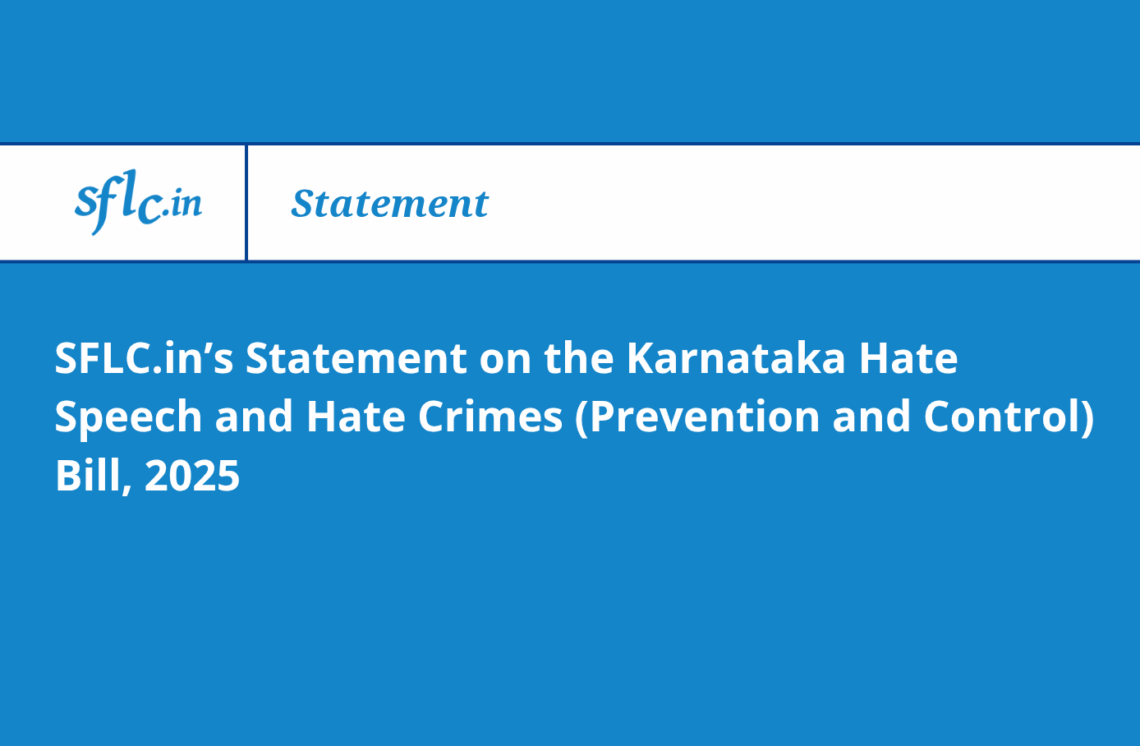Today marks the completion of two months of continuous Internetshutdown in Darjeeling, West Bengal. Two months back, on 19thJune, 2017, mobile Internet services were blocked in the town following deaths of party supporters in violent clashes between the Gorkha Janmukti Morcha and security forces after the former called for a complete strike in its agitation for a separate Gorkhaland.
The protests set off in the city after the house of Gorkha Janmukti Morcha (GJM) president Bimal Gurung was raided by the police and security forces. The raids are believed to have been conducted following his party’s opposition over the State Government’s decision to make Bengali language mandatory in schools. A majority Gorkha population in Darjeeling and adjoining hills speaks Nepali language. An indefinite strike was called by GJM supporters after the raids, with the protest turning into a demand for a separate state of Gorkhaland.
While the mobile Internet blockade was already in place, Darjeeling faced a complete shutdown of Internet services on 20th June, 2017 after an order was issued by the District Magistrate of Darjeeling requesting all broadband and mobile internet service providers to temporarily stop Internet service in the strike-hit hills for a period of seven days. However, the ban was extended till 4th July, 2017 to prevent the deterioration in law and order situations. Since then, the Internet ban has been extended by the district administration several times.
The blanket Internet ban in Darjeeling has plunged the entire city into a state of virtual darkness. While it has impaired the communication services, it has also impeded media reportage of the agitation, effectively restricting reporting to the newspapers from within the city. Verbal orders have been given by the district magistrate to the local news channels in Darjeeling to stop reporting on the agitation. In the absence of Internet, journalists on ground are having a hard time relaying their stories to the desk. The e-papers published from Darjeeling have also faced a major hit due to the shutdown.
Students are among those that have been worst hit due to the Internet ban. They have been unable to access the Internet for academic purposes for two months now. SFLC.in reached out to Ayush Chaurasia, a student of class 11, who shared his plight:
“It has been over two months, I haven’t gone to school. All the schools in Darjeeling are closed due to persistent upheaval and chaos. As far as the Internet is concerned, I am unable to access any kind of information. I used to continuously visit many online portals for my research work but now I cannot even study a small piece of information as there is no Internet. I cannot connect to my friends and there is no exchange of any kind of information due to Internet Shutdown.”
Due to the lack of Internet connectivity, class nine students were unable to fill up their board examination forms. Similarly, a lot of students who had finished their 12th standard board exams were unable to fill up their college admissions forms due to the embargo. These students risk losing a year due to the passing of deadlines for admissions to colleges. While the Darjeeling Teachers’ Association met the district magistrate seeking restoration of Internet services, their demands were rejected by the authorities on the grounds of persisting law and order problem in the hills.
Geeta Devi, a class 12th student told SFLC.in:
“The 64 days long Internet shutdown in Darjeeling started in the month of June, that was the time when admissions in most of the colleges and universities begin. As I passed my class 12 exams, I was thinking of pursuing law but could not even apply for the course as there were no Internet services. Even the mobile networks kept on fluctuating which made it difficult to get any kind of updates on admissions and otherwise. I am not the only one who is suffering, all the students in Darjeeling are facing similar issues.”
Businesses have also been hard-hit by the Internet ban. With most of the businesses relying on Internet banking and online transactions in this era of cashless economy and Digital India, they have been facing huge losses with the ban on Internet services. Sunil Prasad, a local businessman, shared his views on the Internet shutdown with SFLC.in:
“Internet Shutdown has severely disturbed our lives. I am the sole bread earner of my family and my entire business has collapsed. As a businessman, I am majorly dependent on online transactions that I make or receive but in the past 60 days, I haven’t been able to do that and the entire family is suffering. We are not even able to recharge our phones. My children who stay in Delhi, do that for us. Right now, we are experiencing a complete cut-off from the world outside. I have no access to any kind of information. The situation is getting worse day by day.”
The plight of a common citizen is evident in the words of a local resident, Turni Bhagowati, who shared his concerns with SFLC.in:
“Many a people in Darjeeling have bought things on EMIs and loans. I also bought a scooter on EMI but due to Internet shutdown I haven’t been able to use the net banking and failed to pay the bank’s EMI on time. The banks are closed and online transactions cannot be facilitated. In the first week, I asked one of my friends who stays in Pune to do that for me but as it has already been more than 2 months, and the situation is getting worse, I cannot ask for more help. There is no hope of immediate solutions to the problems that are rising every day due to this extended Internet shutdown.”
Though there has been an appeal by the Home Minister Rajnath Singh as well as several demands byGorkha Janmukti Morcha activists and other hill parties to restore Internet services in the area, the State Government has refused to lift the ban citing law and order problems. Moreover, a Public Interest Litigation (PIL) has been filed in the Calcutta High Court challenging the ban on Internet services by the State Government in the Darjeeling hills.
The situation in Darjeeling serves to demonstrate how an extended Internet shutdown can bring life to a virtual standstill, significantly impacting free expression and crippling general society and the economy in the process. Now more than ever, it is necessary for the Government to recognize that Internet shutdowns are not a justifiable response to law and order problems, specially considering the steadily climbing frequency and durations of shutdowns in India. There is simply no room for such draconian and disproportionate measures in a democracy like India that emphasizes a great deal on the Internet in its development agenda.




